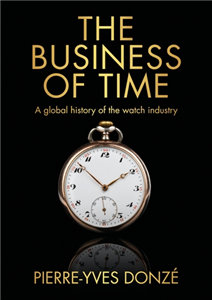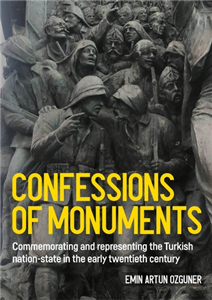Politics & government
February 2014
In the years between the two world wars, fascism triumphed in Italy, Germany, Spain and elsewhere, coming to power after intense struggles with the labour movements of those countries. This book, available in paperback for the first time, analyses the way in which the British left responded to this new challenge. How did socialists and communists in Britain explain what fascism was? What did they do to oppose it, and how successful were they? In examining the theories and actions of the Labour Party, the TUC, the Communist Party and other, smaller left-wing groups, the book explains their different approaches, while at the same time highlighting the common thread that ran through all their interpretations of fascism. The author argues that the British left has been largely overlooked in the few specific studies of anti-fascism that exist, with the focus being disproportionately applied to its European counterparts. He also takes issue with recent developments in the study of fascism, and argues that the views of the left, often derided by modern historians, are still relevant today.





























